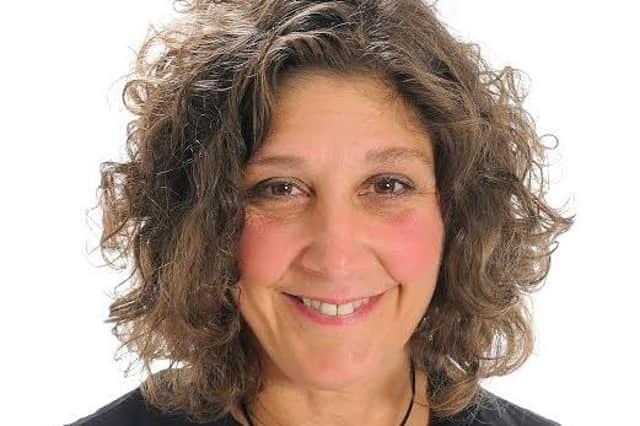Vaccine justice: Where we live should not dictate when we get offered jag - Sally Foster-Fulton


Thousands of people are still dying from Covid-19 globally every day. At the G7, the leaders of some of the world’s biggest economies promised to help vaccinate the world, providing one billion doses over the next year. But we need to go faster. We know the vaccine offers good protection but its rollout in so many countries is painfully slow. Across Africa as a whole just over two per cent of the population have been vaccinated so far. According to the WHO there is an urgent need for another 200 million doses so that the continent can vaccinate a mere ten per cent of its population by September.
Recently nearly 150 global faith leaders, as part of action by the People's Vaccine Alliance, released a statement calling for an end to vaccine nationalism and a rejection of greed. The letter conveys the overwhelming sentiment that this is ultimately about our common humanity, saying: ‘The access of people to life-saving Covid-19 vaccines cannot be dependent on people’s wealth, status, or nationality. We cannot abdicate our responsibilities to our brothers and sisters by imagining that the market can be left to resolve the crisis, or pretend to ourselves that our country has no obligation to people in their country. Every person is precious. We all have a moral obligation to reach everyone.’
Advertisement
Hide AdAdvertisement
Hide AdEvery person is precious. Vaccine justice impacts the health of the world. There can be no justification for stockpiling vaccine supplies or continued refusals to remove patents. Where we live shouldn’t dictate whether we get offered a vaccine this year. Crippling debt repayments should not prejudice investment in fragile health systems and vaccine provision. The reinstatement of the 0.7 per cent international aid budget and the urgent cancellation of debts for lower income countries is imperative.
At the Church of Scotland’s General Assembly last month, the new Moderator, Lord Wallace, raised his voice for vaccine justice and backed Christian Aid’s Give Thanks Appeal: “This is an opportunity to give thanks in a very tangible way. In a quest for global justice, here is a practical opportunity to give real expression in 2021 to loving our global neighbours.”
As we acknowledge the immense feeling of gratitude for our vaccines and our NHS, let’s not forget those vulnerable communities still waiting for theirs. Let’s ensure that while they wait, we continue to support them as best we can, with access to the basics: soap and water, food and vital health information.
Whether your jag was in January or June let’s keep showing gratitude and raising our voices for vaccine justice. For the sake of our global neighbours and for future generations. If you would like to support Christian Aid’s Give Thanks Appeal please go to: caid.org.uk/oj
Sally Foster-Fulton, Head of Christian Aid Scotland
Comments
Want to join the conversation? Please or to comment on this article.